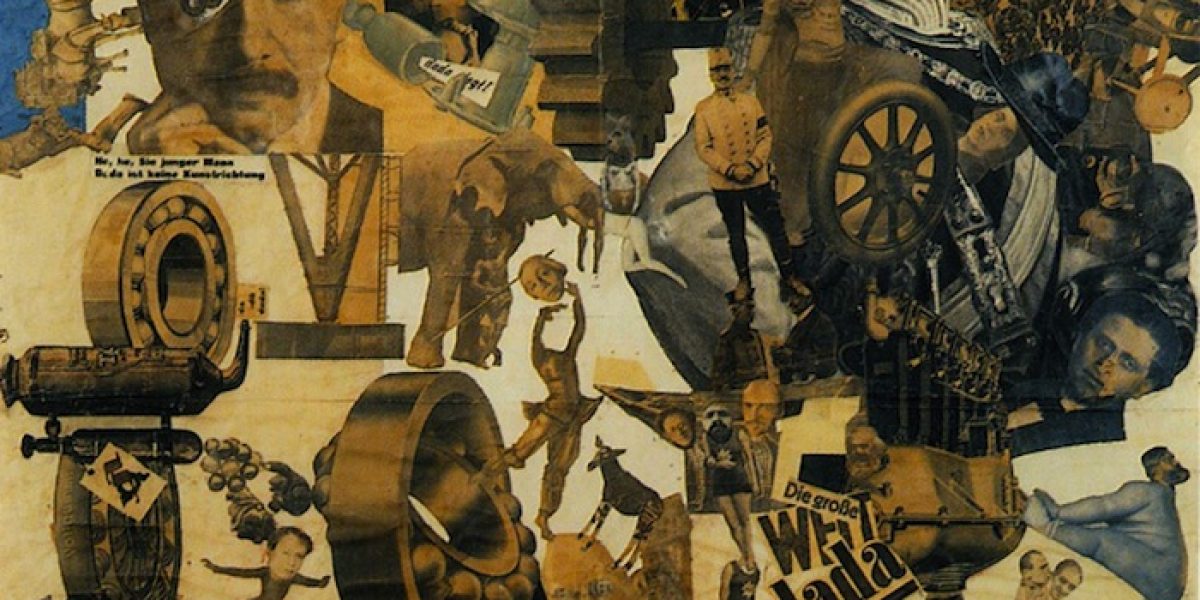Writers' Survival Strategies (Totalitarianism, Market, Emigration)

Faculty:
One of the most fundamental questions in studying Russian culture, which since 1917 has had to precisely survive under conditions of suffocating state support or equally suffocating poverty — is the problem of adaptation to new conditions. For culture, it is critically important not to stain itself with collaboration with totalitarian regimes and to preserve freedom of speech under conditions where censorship is total. This censorship can be ideological or financial, communist or bourgeois, but under any regimes in the 20th century, culture was not left to itself, and this equally applied to hard and soft dictatorships, young or experienced democracies, as well as any exotic regimes like jamahiriya. No country in the 20th century, however terrible such a statement may be, provided culture with the possibility of non-violent and organic development. Accordingly, the history of 20th-century culture is primarily a chronicle of survival.
Strategies of writerly independence or at least relative freedom “within permitted limits” deserve special interest. Under Stalin’s dictatorship, the art of allegory, Aesopian language, as well as the experience of solving personal existential problems under the mask of serving state ideology, reached genuine heights. Under market conditions, artists created true miracles, skillfully exploiting oligarchs and solving their existential problems under the mask of enlightening new elites. The market gave birth to new methods of adaptation — primarily mastering prestigious and well-paid professions like journalism and tutoring. Finally, emigration taught Russian artists to study native customs and please foreign audiences no less inventively than Miklouho-Maclay, who got along with the inhabitants of New Guinea.
We will examine the most successful examples of “satisfying personal curiosity at state expense,” according to Academician Artsimovich’s formulation, stories of underground survival, cases of mutually beneficial symbiosis between artists and nouveau riche, as well as the great merits of Russian emigrants in improving Western culture. Excursions into the creative strategies of Nabokov and Khodasevich, Gorky and Solzhenitsyn, Yevtushenko and Brodsky will help us identify guidelines for the new generation of Russian cultural figures who have managed not to lose themselves both under conditions of new fascism and in the wilds of new emigration. The course will be interesting to everyone, but especially useful for writers, whom we invite first and foremost.
Guidelines for the Statement of Interest:
Craft a reflective statement of purpose explaining your interest in the Smolny Beyond Borders online course. The file should be saved with your name and course title as the filename and uploaded accordingly. Your statement’s clarity and substance will significantly influence our selection. Convey your motivations and aspirations for this course succinctly but thoroughly. Kindly write your statement in the course’s Language of Instruction.